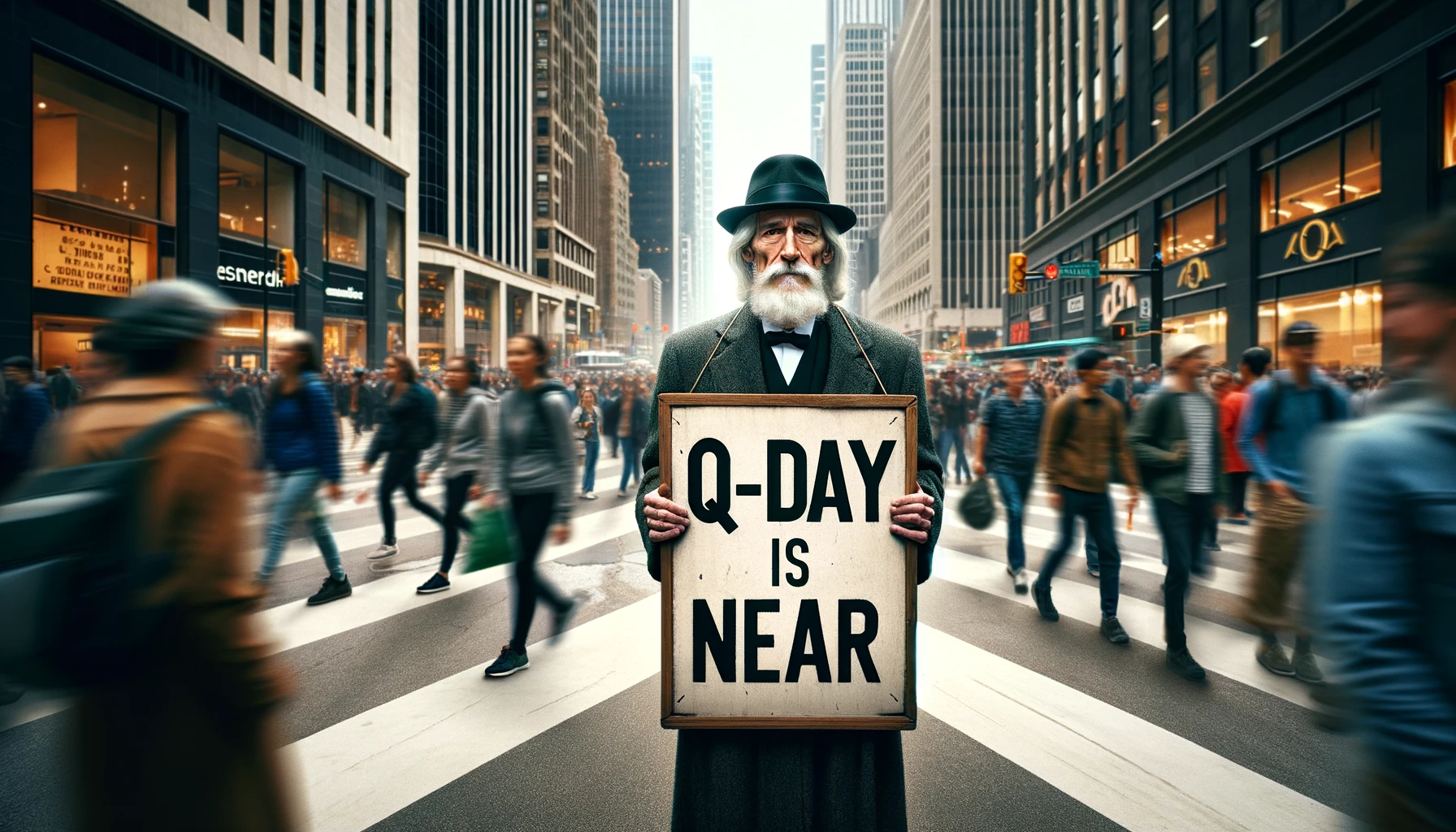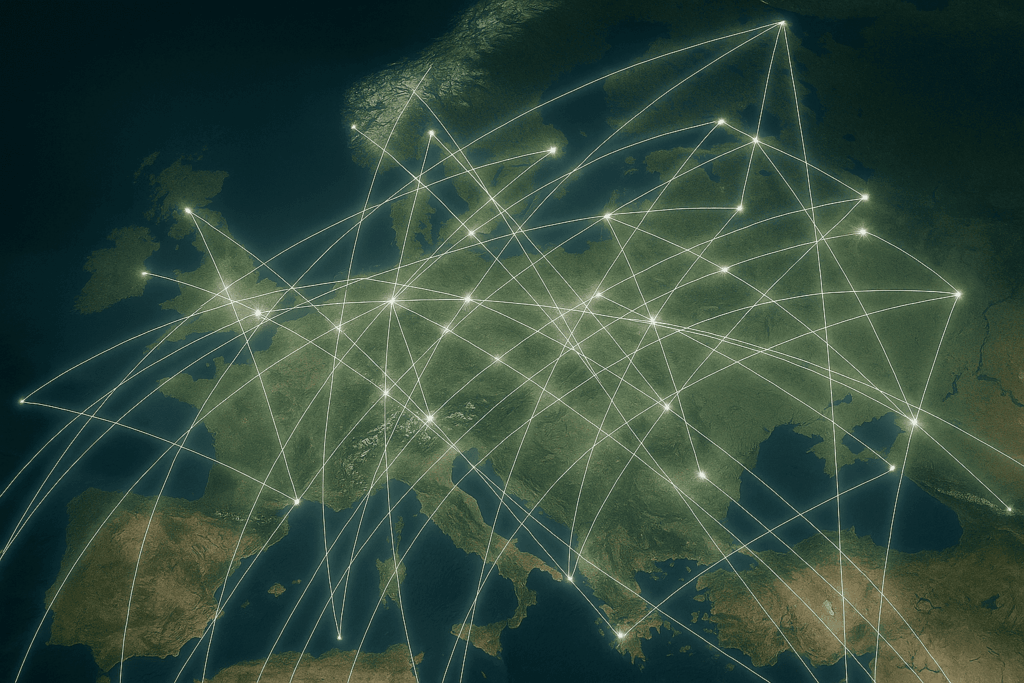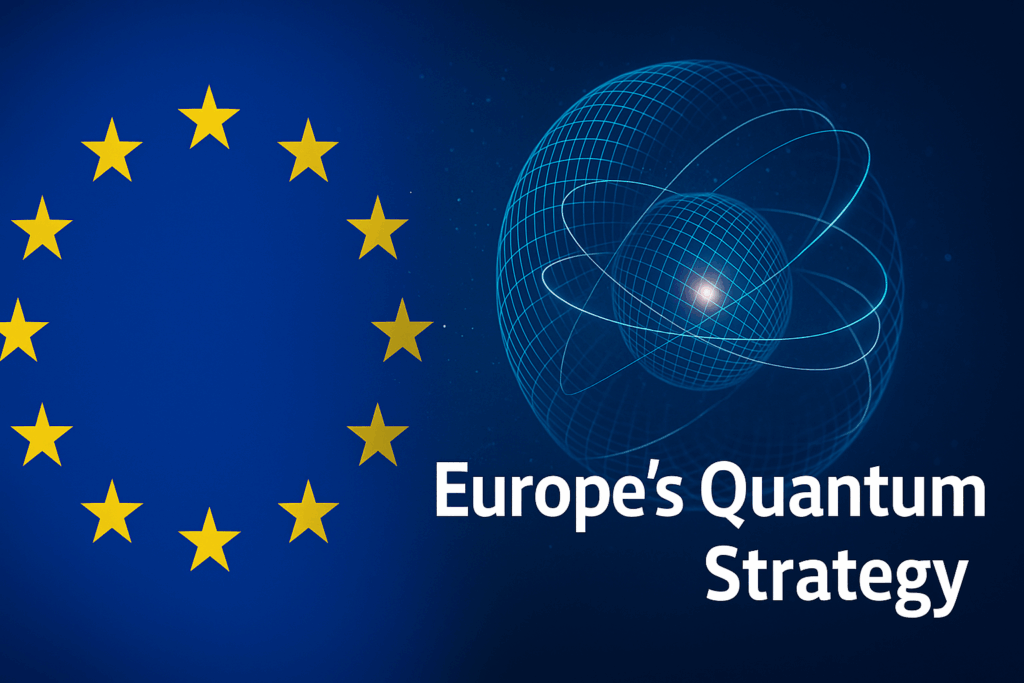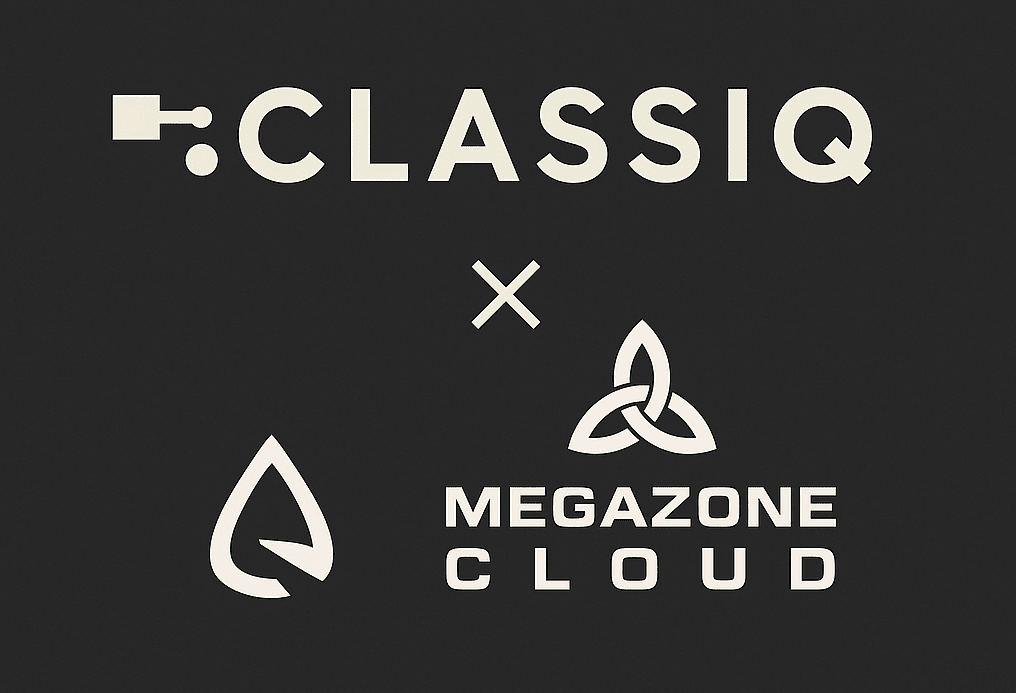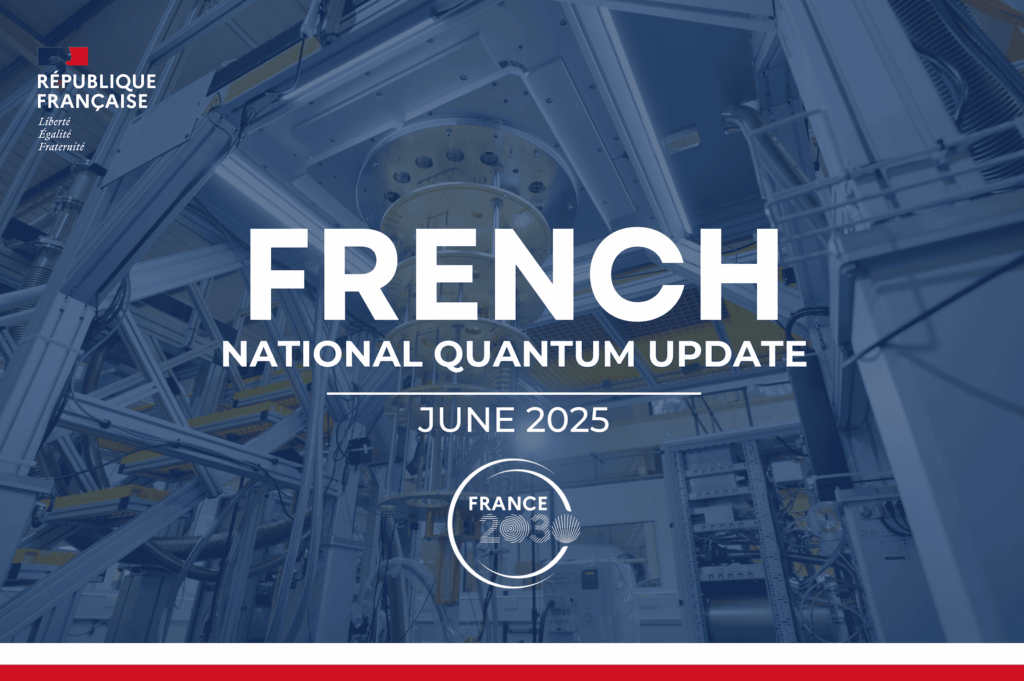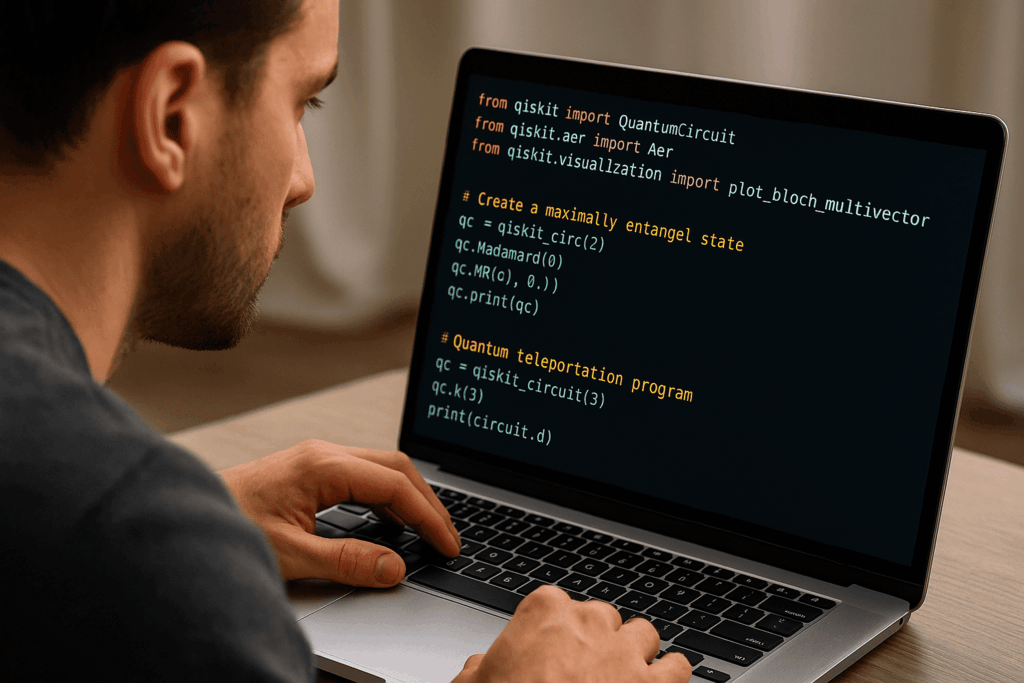Insider Brief
- Researchers report that the convergence of hybrid quantum-classical computing and artificial intelligence (AI) technologies could affect current cybersecurity measures.
- The team reviews several threats, including the potential of combining Grover’s Adaptive Search (GAS) and the Harrow-Hassidim-Lloyd (HHL) method.
- The researchers recommend immediate “attention, focus and research.”
Q-Day, the time when quantum computers are powerful and stable enough to crack current encryption schemes, is thought to be a near- to far-term concern, but not an immediate concern, depending on who you ask.
Now, a team of IBM researchers report in a pre-print study that a convergence of hybrid quantum-classical computing (HQCC) and artificial intelligence (AI) technologies could be rapidly hacking away at that deadline of when quantum could undermine current encryption methods.
If that’s so, this team of researchers is underscoring the urgency of making a quantum-proof shift.

“The synergistic combination of these technologies presents known and unknown threats that need immediate attention, focus and research,” the team reported in their paper.
Advances in quantum computing and AI are increasing rapidly, the researchers point out, and this progress poses both massive benefits, as well as dangers. However, the team highlights that HQCC frameworks augmented by machine learning (ML) algorithms present particularly alarming consequences.
At the top of these concerns lies the evolving capabilities of quantum algorithms like Grover’s Adaptive Search (GAS) and the Harrow-Hassidim-Lloyd (HHL) method, the researchers report. GAS couples Grover’s quantum algorithm with adaptive techniques, giving it the potential to be exponentially more efficient at breaking encryption through brute-force attacks.
Meanwhile, the HHL algorithm has demonstrated prowess in solving systems of linear equations exponentially faster than classical methods under certain conditions. As the researchers warn, HHL’s mathematical faculties could undermine the security foundations of lattice-based cryptography, one of the prime candidates for quantum-resistant encryption.
“Quantum algorithmic improvements, including variants or extensions of the HHL algorithm, could present unforeseen challenges to lattice-based encryption,” the paper states.
For instance, new algorithms may become adept at handling the noisy linear equations central to the security of lattice-based systems.
The researchers also report that the integration of AI and ML presents an additional cryptanalytic threat. “AI-driven cryptanalysis” could optimize search algorithms and uncover subtle weaknesses, accelerating the undermining of encryption standards.
This technological convergence has stark implications for PQC migration timelines. Preparing for a quantum future, governments, industries, and academics have collaborated to develop encryption methods impervious to quantum computing’s mathematical advantages. However, the IBM researchers argue this evolving threat landscape necessitates expediting these efforts.
“The potential impact on classical cryptography and PQC transition timelines calls for a proactive and coordinated approach to developing and implementing quantum-resistant AI/ML cryptographic solutions,” the team urges in their paper.
Among those proactive measures recommended in the paper are accelerated PQC standardization, continuous monitoring of HQCC developments and investment in novel post-quantum cryptographic research to outpace emerging cryptanalytic techniques.
The research team included IBM researchers and consultants Robert Campbell, Whitfield Diffie and Charles Robinson.
The team includes a list of several potential threats. To learn more about the study and its findings in depth, please read the paper.
For more market insights, check out our latest quantum computing news here.

